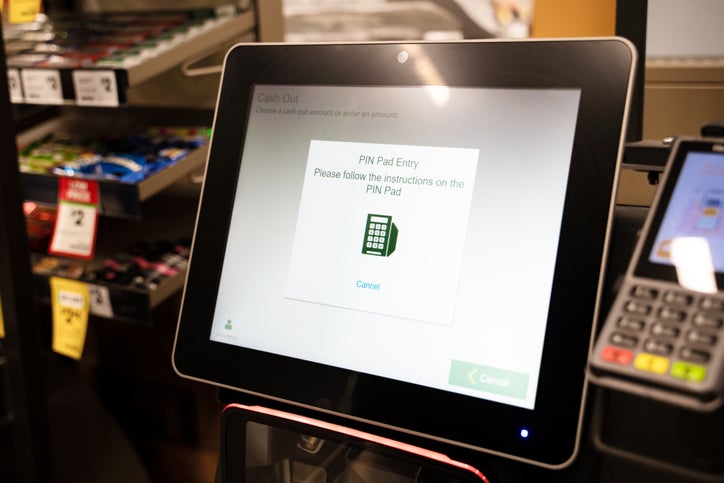Observers have long suspected that youngster’s smartphones might be rotting their brains, but a new survey points to a more sinister evil: mobile applications may be contributing to global warming far more than previously understood.
A study by Greenspector – a French startup specialising in measuring energy efficiency in IoT applications – has found that mobile applications on the Google Play app store contribute to at least 6% of ‘digital’ carbon dioxide emissions.
The study’s findings were recently unveiled at the MobileOne conference held in Paris in November where delegates were told the survey had sampled over 1,000 Android applications using a number of measurement tools designed to track various ‘green’ attributes.
Key findings
- Mobile applications, on average, account for 0.75 grams of ‘CO2 equivalent.’ Projecting that across a potential base of 5 billion mobile users at three hours of usage per day drives 6% of digital CO2 emissions.
- Trackers, analytics and other permissions – those things you agree to let your application have access to on your smartphone when you download an app – are not only annoying but also energy-hungry.
Greenspector estimated that on average that 44% of apps downloaded have more than five trackers, while nearly three-quarters require more than 10 permissions. These drive additional energy consumption and add to smartphones’ collective environmental footprint.
- Fifty per cent of applications continue to process or send data after an application closes: for example, by backing up data on external servers way too often. Greenspector estimates that the most offending applications can reduce total battery time by three hours – with users often likely to blame the smartphone manufacturer and not the app developer.
The Greenspector study should serve as a reminder for smartphone users who are all too happy to download applications from the Google Play store. For starters, it is a good idea to consider whether the application to be downloaded needs access to all of the functions to which it is seeking access – not only for privacy and security reasons but also for smartphone performance reasons as well as for environmental and global sustainability concerns.
The study’s findings should serve as a reminder that, while our phones provide untold levels of convenience and connectivity on an individual basis, collectively they have considerable effects on our environment and in generating greenhouse gas emissions.
How well do you really know your competitors?
Access the most comprehensive Company Profiles on the market, powered by GlobalData. Save hours of research. Gain competitive edge.

Thank you!
Your download email will arrive shortly
Not ready to buy yet? Download a free sample
We are confident about the unique quality of our Company Profiles. However, we want you to make the most beneficial decision for your business, so we offer a free sample that you can download by submitting the below form
By GlobalDataThe way forward
Google, along with Android smartphone manufacturers like Samsung and LG, could lead the way by playing a much stronger role in identifying the worst-offending applications – and insisting on a new suite of ‘best practices’ that could both improve smartphone performance and reduce carbon dioxide emissions in the process.






Related Company Profiles
Google LLC
LG Corp